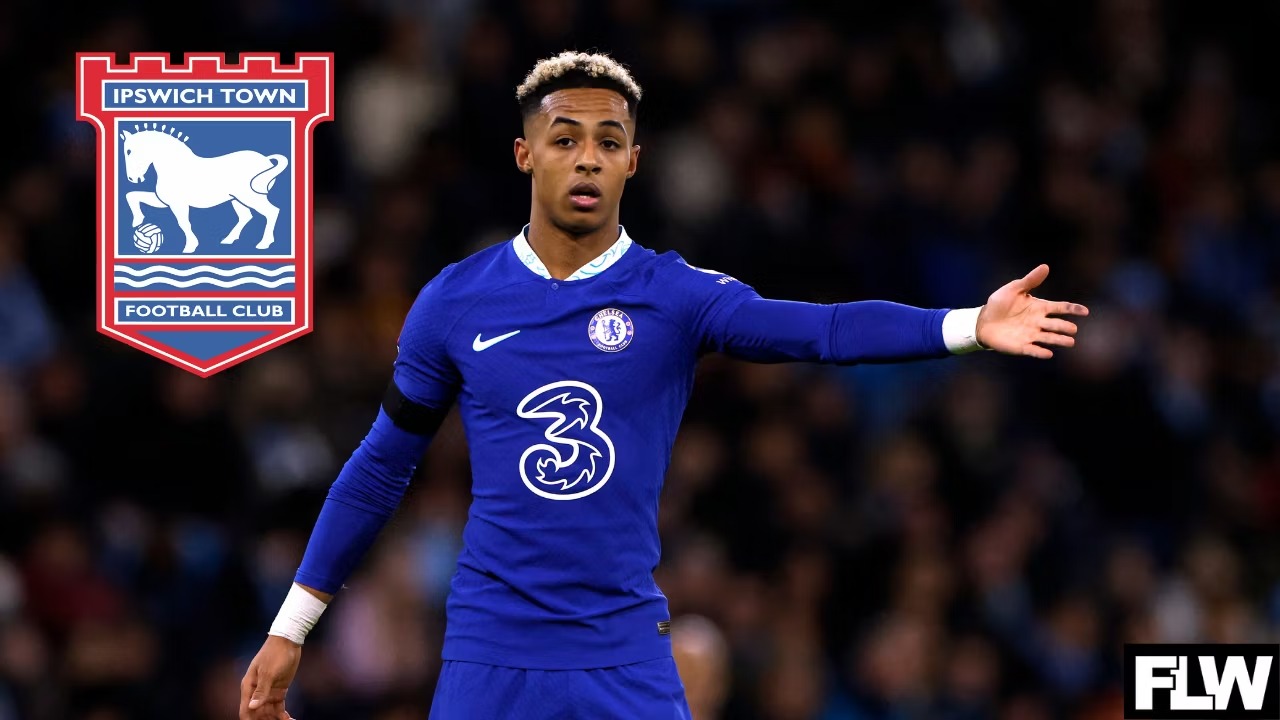Omari Hutchinson’s Transfer Saga: Rejected by Chelsea after Agreeing Personal Terms with Ipswich Town
Omari Hutchinson, a highly-rated young football talent, recently experienced a significant turning point in his career. Known for his prowess on the field, Hutchinson has been under the radar of several clubs, but the recent developments involving Chelsea and Ipswich Town have added a dramatic twist to his journey. Despite agreeing on personal terms with Ipswich Town, a surprising rejection by Chelsea has momentarily halted his permanent move, bringing into focus the intricate dynamics of football transfers and the stakes involved for a promising player like Hutchinson.
#### Early Career and Chelsea’s Interest
Hutchinson’s journey began in the youth systems of prestigious clubs, including Arsenal, where he honed his skills and developed a reputation as a dynamic winger with a knack for creating scoring opportunities. His performances caught the attention of Chelsea, a club renowned for nurturing young talent. Hutchinson’s move to Chelsea was seen as a significant step, offering him the platform to potentially break into top-tier football.
However, like many young prospects, breaking into the first team at a club as competitive as Chelsea proved challenging. The club’s deep squad and frequent managerial changes meant that opportunities were limited. Consequently, Hutchinson and his representatives began exploring options for more regular first-team football, leading to interest from other clubs.
#### The Ipswich Town Agreement
Ipswich Town, with its rich history and ambition to climb back up the English football leagues, emerged as a strong contender for Hutchinson’s next destination. The club’s environment, focused on developing young players and providing them with substantial playing time, aligned well with Hutchinson’s career goals. Negotiations progressed positively, and eventually, personal terms were agreed upon between Hutchinson and Ipswich Town. The agreement promised a fresh start and the chance for Hutchinson to establish himself as a key player.
#### Chelsea’s Rejection
Despite the personal terms agreement, the deal required Chelsea’s final approval. In a surprising turn of events, Chelsea decided to reject the move. The reasons behind this rejection are multi-faceted. Firstly, Chelsea’s internal assessment of their squad needs may have shifted, recognizing Hutchinson’s potential value either as a squad member or in future transfer negotiations. Clubs often re-evaluate players, especially young talents, based on evolving team strategies and long-term plans.
Additionally, financial considerations might have played a role. Chelsea, like many top clubs, navigates complex financial landscapes, balancing player sales, loans, and acquisitions. Hutchinson’s market value, coupled with potential future earnings from sell-on clauses or performance-related add-ons, might have influenced Chelsea’s decision to retain him or seek a different transfer arrangement.
#### Implications for Hutchinson and Ipswich Town
The rejection undoubtedly complicates matters for Hutchinson. The young player faces uncertainty, having prepared mentally and professionally for a move that seemed imminent. For Ipswich Town, the setback disrupts their strategic planning, as they had likely envisioned Hutchinson as a crucial addition to their squad for the upcoming season.
From a broader perspective, this episode underscores the unpredictable nature of football transfers. Young players, despite their talents, often navigate a landscape where decisions are influenced by broader club strategies and financial considerations. Hutchinson’s case highlights the resilience required to navigate such challenges and the importance of maintaining focus amidst uncertainty.
#### Moving Forward
For Hutchinson, the immediate focus will be on continuing his development and staying prepared for future opportunities, whether at Chelsea or another club. His potential remains undeniable, and such experiences, though challenging, contribute to the growth and maturity required for a successful football career.
For Ipswich Town, the search for talent to bolster their squad continues. The club’s proactive approach in pursuing Hutchinson indicates their commitment to enhancing their team and their belief in young talents’ impact.
In conclusion, Omari Hutchinson’s near move to Ipswich Town, thwarted by Chelsea’s last-minute rejection, encapsulates the complexities of modern football transfers. It highlights the delicate balance between player ambitions, club strategies, and the unpredictable nature of football careers. As Hutchinson navigates this latest challenge, his journey serves as a reminder of the resilience and adaptability required in the world of professional football.



